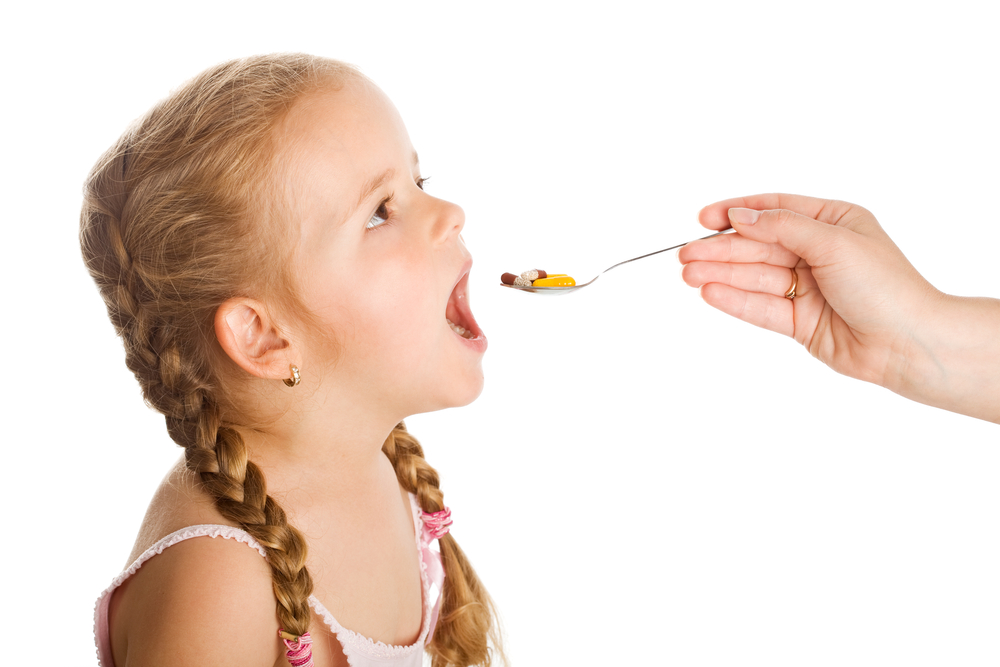When your child starts to struggle in school their teacher may approach you about finding options to “help them cope”. When there’s trouble at home you might talk to their pediatrician and wonder if your child needs medication, or if there are other options for you and your family.
To Medicate or Not: The Parent’s Dilemma
Over the past generation, parents have begun to fall into two camps when it comes to treating their children’s mental health. On one side, there are those who want an easy solution or who are concerned that they are the cause of their child’s troubles. These parents readily to turn to medication to manage their kids’ troubles.
On the other extreme, there are parents who say, “Never medication.” They may have heard about negative side effects and worry the “drugs” will do more harm than good. Other times they may worry about the stigma attached mental health and prefer to just get their child help working through their troubles.
Neither extreme is correct. Some children do benefit from medications to treat behavior and mood disorders like ADHD, depression, and anxiety. However, not every nervous, sad, or excitable child needs a prescription. Instead, medication should be one part of a more holistic approach to children’s mental health.
Disorder or Development? The Over-Diagnosis of ADHD
Before deciding to medicate your child, it is wise to look closely at whether they have a disorder at all. Doctors have been aware of the over-diagnosis of Attention Deficit Hyperactivity Disorder (ADHD) for at least a decade. Thirty years ago, approximately 3-5% of all children were diagnosed with ADHD. In 2011, that number was 11% or 6.4 million children. Of those, 4.2 million were taking medication.
Increased educational and behavioral demands on children as well as stress at home and in school have created an environment where developmental immaturity is seen as a disorder. Overtaxed educators sometimes pressure parents to medicate their children to remove disruptions from the classroom, even when other strategies would be just as effective.
A behavioral disorder diagnosis and treatment should not be rushed. Before deciding your child has ADHD, anxiety, depression, or some other mental health disorder, it is important that their physician or therapist exclude other possible diagnoses and examine their behavior in multiple settings, to determine if there is any disorder at all.
Psychostimulants and ADD / ADHD
When a child does have ADD or ADHD, medication can be an effective treatment option. Doctors have been prescribing psychostimulants (Ritalin, Concerta, etc.) for more than 50 years. They can safely decrease symptoms of inattention, impulsivity, and hyperactivity. While some children experience sleep disruption or decreased appetite, there are no serious side effects to these medicines.
However, there are also non-pharmaceutical strategies to help a hyperactive child focus, including non-disruptive stimulating behaviors (i.e. tapping, doodling, or spinning), goal-setting and rewards, and consistent, predictable consequences for acting out. Some children can manage their symptoms through these strategies alone. For others, medication provides another level of behavioral correction.
SSRIs and Depression and Anxiety
Anxiety and depression can also lead to behavioral problems, sleep or appetite disruptions, and physical symptoms that affect kids’ home and school life. Many children and teens can manage their anxiety and depression with the help of psychotherapy. Working with a therapist can give them an outlet to express their feelings and a source to learn coping strategies to help them manage their symptoms.
However, psychotherapy and other behavioral treatments take time to master. When a child’s anxiety or depression is severe, or when they are having suicidal thoughts, use of an SSRI (i.e. Zoloft) or other antidepressant (i.e. Prozac) can provide short-term relief. However, there is a risk of increased suicidal thoughts when taking a new antidepressant medicine, so parents should closely monitor their children when they start a new medication.
Therapy Alternatives or Supplements to Medication
Whether parents choose to medicate their children or not, it is wise to work with a skilled psychotherapist to monitor symptoms and pursue supplemental treatment modalities. Even when medication is appropriate, these treatments can help children manage their symptoms, reducing distress at school and at home, and in some cases can reduce or eliminate their reliance on pharmaceutical treatments over time.
David Stanislaw is a psychotherapist with over 30 years of experience. He helps children, teens and adults with ADHD, depression, anxiety, and other mental health challenges. Contact David Stanislaw to get help for your child today.


 Common Treatments for Depression
Common Treatments for Depression Are Childhood Family Patterns Affecting Your Marriage?
Are Childhood Family Patterns Affecting Your Marriage? 7 Ways Therapy Can Make You a Better Parent
7 Ways Therapy Can Make You a Better Parent